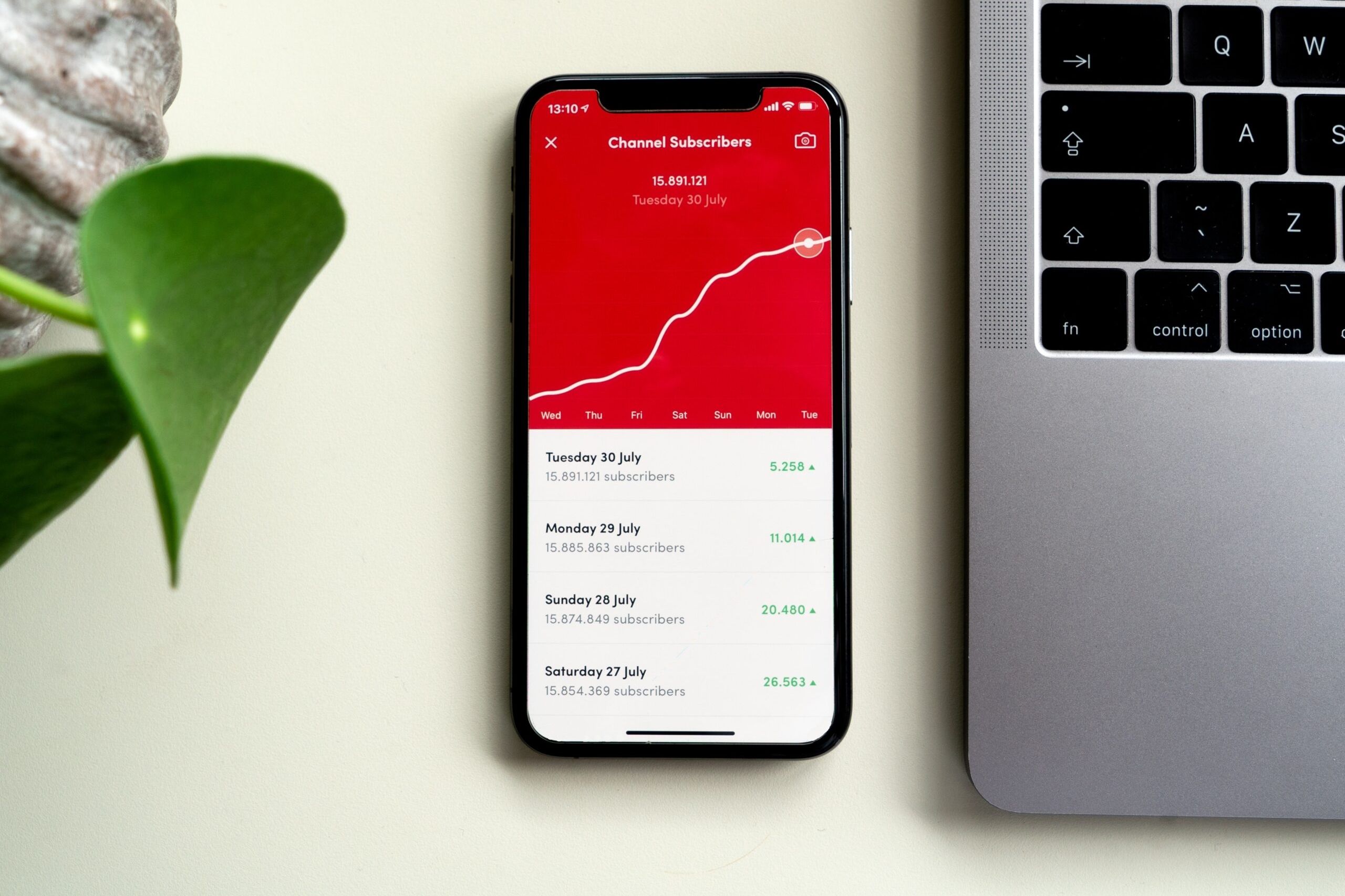Solving Common Marketing Challenges
This article will look to guide you through the maze of marketing challenges. From the intricacies of defining a target audience to trying to work through the algorithm of social media, these can be daunting even to a person used to the minefield of marketing. Professionals can even find themselves struggling to keep up with the uncertainty that can come with marketing, albeit online or in person.

Identifying Marketing Dilemmas
Common Challenges Faced by Marketers
Let’s take a look at some common marketing challenges:
Ambiguity – The struggle to precisely define and reach a specific target audience.
Market research will be essential in tackling this. An example; a fitness brand that uses key demographics such as age, fitness goals and preferred workout styles. With the high competition in the fitness world, key demographics will help in reaching the chosen target audience.
Social Media Overwhelm – Navigating the ever-changing landscape of social media algorithms.
Instagram and Facebook for example, you probably use these and are a consumer first and foremost. But when you are utilising these platforms for marketing, you notice even more so the ever-changing algorithms and competition. It’s important to keep an eye on ensuring the content remains engaging.
Content Relevance – Creating content that resonates with your audience.
A beauty brand could encourage their customers to share their experience with the products that they have used, this will definitely resonate with the audience and also add a sense of community as the viewer could easily place themselves in the position of the customer sharing their product experience.
SEO – Understanding and optimising for search engine visibility.
In order to secure improved search rankings, it is not enough to just include keyword optimisation. But to also regularly update content to reflect industry trends and algorithm changes is imperative.
Budget Constraints – Achieving impactful marketing with limited financial resources.
If possible, it is ideal to explore the avenues of co-marketing initiatives with similar/complementary businesses that can not only share costs but also extend the reach to a wider audience.

Creating a Targeted Marketing Strategy
Defining Your Target Audience
Conducting comprehensive market research and analysis to help create detailed buyer personas is an essential step in defining your audience. For instance, a fitness brand might meticulously identify key demographics such as age, fitness goals, and preferred workout styles as part of their audience personas.
Tailoring Your Messaging for Maximum Impact
Creating tailored and personalised messaging that addresses the specific pain points, needs and aspirations of your defined audience is paramount to successful marketing. If a gym was for example targeting busy professionals, emphasising time-efficiency and stress relief in their content can establish a profound connection between the brand and the customer.

Social Media Mastery
Strategies for Building a Strong Social Media Presence
Storytelling is always an effective way to build a strong social media presence, using Instagram to show the journey of a customer or how a product has been produced or used can help create a compelling story which resonates with customers. Storytelling is effective in the sense of creating connection amongst a particular audience or niche.
Leveraging Different Platforms Effectively
When you compare the content on Instagram and LinkedIn. You would want to go for a more visual approach on Instagram, whilst LinkedIn will be more suitable for an in-depth industry insight.

Navigating SEO Challenges
Understanding SEO Fundamentals
Utilising local SEO elements like Google My Business optimization can be useful for local business. Using relevant keywords, high-quality backlinks and compelling meta descriptions is foundational.
Implementing Effective SEO Strategies for Visibility
Regularly updating your content to reflect industry trends and algorithm changes is a proactive strategy. Google rewards fresh, relevant content with improved search rankings.

Tactical Tools and Resources
Highlighting Useful Marketing Tools for Streamlining Processes
Tools such as Google analytics can be used for your website performance, SEMrush for comprehensive SEO analysis and buffer for social media scheduling. Such tools can provide invaluable insights into the success of your marketing.
Recommending Further Reading and Educational Resources
Why not stay informed by following industry blogs or reading authoritative marketing books? They do say knowledge is power! Having commitment to the ongoing education of marketing will help you to be innovative and learn lessons along the way.

Metrics and Measurement for Continuous Improvement
Setting Measurable Goals for Your Marketing Efforts
Establishing Key Performance Indicators (KPIs) aligned with your marketing objectives is pivotal to overcoming marketing challenges. These may include website traffic, conversion rates, and social media engagement.
Utilising Analytics to Assess and Refine Your Strategies
All successful companies will analyse their performance of the campaigns and this is no coincidence. Whether it be a website or a social media channel, and you want to measure the engagement, analytics can help provide data needed for more effective decision making.
Practical application is the way in which you will look to put your best foot forward. Embrace the journey from dilemma to solution and your marketing prowess will not only shine in the present but also be resilient when it comes to those pesky future challenges!
More interesting content...
Like this story? Share it on your social media...
For more of the latest content, why not subscribe to our mailing list...






